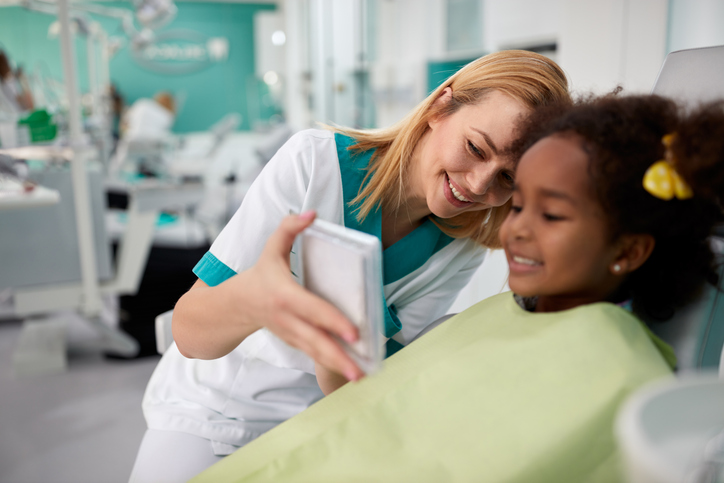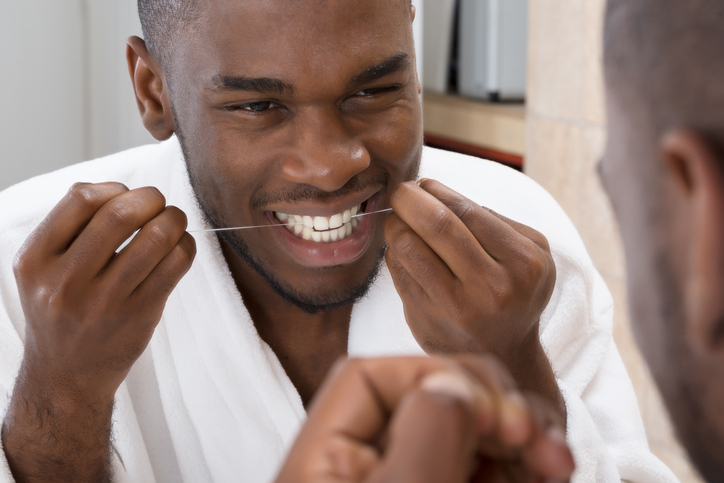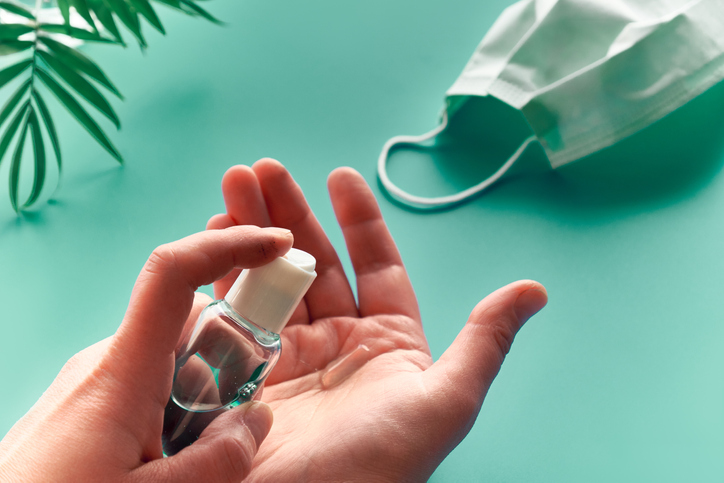
As dental practices start to reopen and dental hygienists return to work, students graduating from a dental hygienist program might wonder what to expect in a post-COVID world. The outbreak of COVID-19 has affected almost every aspect of the healthcare sector, including dentistry.
Almost all non-essential dental hygienist appointments were cancelled or rescheduled in order to avoid spreading the virus. Now that dental practices across the country are preparing to resume normal service, we consider some of the ways that business may be different for aspiring dental hygienists.
Patients Might Be More Likely to Follow Dental Hygienist Advice Outside of Appointments
In a dental hygienist career, you will be responsible for educating clients on how to maintain good oral hygiene. Advice on regular brushing and flossing, eating and drinking well, and avoiding certain foods could save clients a lot of problems in the future.
For example, a dental hygienist might advise that a client with weakened teeth avoid hard, sharp foods like popcorn and almonds. Or that someone with gum problems makes sure to floss and use dental picks regularly to avoid bleeding gums.
COVID-19 has made it increasingly difficult to get a dental appointment, especially for non-emergencies. This means it is arguably even more important for people to follow advice from their dental hygienist to avoid the need for an appointment in the future.

Screening Patients Before an Appointment in a Dental Hygienist Career
Whereas traditionally any registered client could book an appointment with a dental hygienist, now there will be extra precautions. When booking an appointment and before entering the practice, clients will need to be asked certain questions to establish whether they are at risk of carrying the virus.
This should include:
- Have you or someone you’ve been in contact with travelled outside Canada in the last 21 days?
- Do you have flu-like symptoms such as a fever, cough, or difficulty breathing?
If the answer is yes, then the appointment should be postponed or conducted virtually. In a dental hygiene program, you will learn how to assess a client’s oral health needs and educate them on the best methods of prevention. In a post-COVID world, you may need to learn how to provide this care over the phone or through a video call.
Making the Dental Practice More Secure
There are a number of ways that dental hygienists can make the practice more secure post-COVID. Firstly, dental offices may only be allowed to welcome a certain number of clients at any one time. Seating in the waiting room should be positioned at a 2-metre distance to avoid close contact between clients.
As well as this, hand sanitizer and masks will need to be available for clients in the practice. As an additional measure, plexiglass could be installed at the front desk to protect staff and patients.

Avoiding Using Aerosol-generating Procedures
Aerosol-generating procedures are known to be high risk for COVID-19 transmission. The virus can be transmitted through respiratory droplets, and aerosol procedures can increase the spread of these droplets. Dental hygienists may need to avoid using the below aerosol-generating procedures for the foreseeable future, if possible:
- Air-water syringe
- Ultrasonic power instrumentation
- Air polishing
- Laser
- Nitrous oxide
If these cannot be avoided and the dental hygienist must use them in an emergency procedure, it will be necessary to make sure that everyone present wears an N95 respiratory mask.
Are you interested in a dental hygienist course?
Contact Oxford College to learn more!






